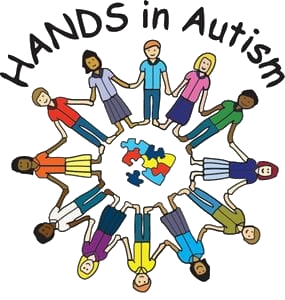What Causes Autism?

The exact cause of autism remains largely unknown, and research suggests that autism is a complex and multifactorial condition influenced by both genetic and environmental factors.
Genetic factors play a significant role in the development of autism, with studies indicating that certain genetic variations and mutations may increase the risk of autism spectrum disorder. However, autism is not solely determined by genetics, as environmental factors also contribute to its development.
Prenatal and early-life environmental factors, such as maternal infections during pregnancy, exposure to certain medications, and complications during birth, have been associated with an increased risk of autism. Additionally, factors such as advanced parental age and maternal health conditions may also play a role in the development of autism.
It is essential to recognize that autism is a complex and heterogeneous condition, and there is no single cause that applies to all individuals. Instead, autism likely arises from a combination of genetic predisposition and environmental influences, with each individual’s experience being unique.
As research in this field continues to advance, gaining a better understanding of the factors contributing to autism will be crucial for early detection, intervention, and support for individuals on the autism spectrum and their families.


